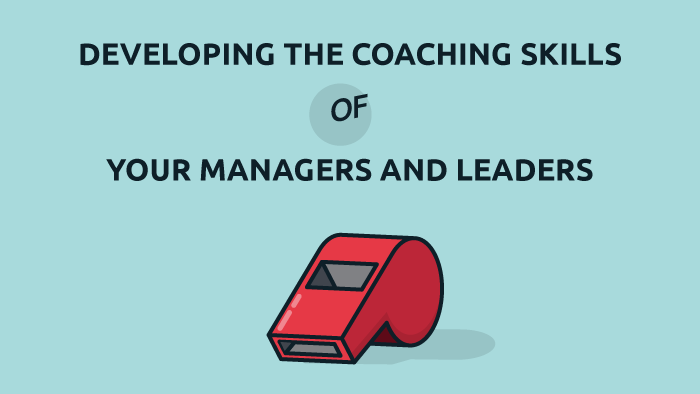
What is your employees’ collective opinion about your annual performance evaluation process? Do you know?
If not, maybe now is the time to find out if it’s actually working to affect positive change, or having the opposite effect – lowering morale, sabotaging engagement, and killing motivation.
“The idea of a merit rating is alluring. The sound of the words captivates the imagination: pay for what you get; get what you pay for; motivate people to do their best, for their own good. The effect is exactly OPPOSITE of what the words promise.”
– W. Edwards Deming
The traditional performance appraisal strategy of a supervisor reviewing employees once a year doesn’t work anymore.
The workforce of the 21st century operates differently than previous generations.
Continuous feedback is important for improving performance, especially for your employees who have less experience in the workforce. Some might see this as a need to be coddled and reassured, but we’re not only talking about positive feedback here.
Studies have shown that the feedback people really want to hear is the criticism.
Even if it’s hard to give constructive feedback, it’s much harder for them to think they’re doing a good job, and then be told after an entire year that their performance is actually sub-par.
Ouch. Surprising employees with performance reviews like that is the fastest way to demotivate your workforce.
Try Continuous Performance Feedback (a.k.a. Coaching)
Think of your team at work as if they’re a baseball team (or any other team sport of your choice).
How would you expect the coach to communicate how well their players are performing? If they see a problem with a player’s swing, would they take note of it and wait until the end of the season to give them tips on how to improve?
That’s not coaching at all!
Good coaching means paying attention to the players’ performance in real time, giving continuous feedback – not saving it until the end of the season.
Getting your managers and supervisors on board with continuous performance management for employees is the key to shifting your evaluation strategy away from an outdated and ineffective process to one that creates a foundation of development.
Create a Plan for Employee Performance Management
A performance management strategy doesn’t have to be a complex and daunting task.
With a continuous coaching model, managers can work with each employee to develop a plan that they’ll refer to throughout the year to track progress on goals and improvements. Those goals should be both quantitative and qualitative, and answerable within these four coaching questions:
- Are you doing the job?
- Are you improving the job?
- Are you living the values?
- Are you improving yourself?
“Doing the job” refers to how the employee has done the job as assigned – “How well are you performing your responsibilities?”
“Improving the job” is the idea that employees “own” their jobs, and have a responsibility to continuously improve not only themselves, but the processes they execute, and also those that they observe – “How are you working to make things better through your role?”
“Living the values” covers all the behavioral aspects of employee performance. This is why it’s so important for all organizations, no matter their size, to have core values. That becomes the criteria for this coaching question – “Is your performance and behavior consistent with our values?”
“Improving yourself” is the personal development aspect of performance. What’s the value the employee brings to the job? How has that been increased? And note, this isn’t just about training. It’s about personal improvement overall – “In what ways are you working to improve your skills, understanding, behaviors, etc.?”
Why Is Performance Management Important?
Your employees are craving development in their skills and careers, and shifting your performance evaluation strategy to one that focuses on continuous coaching and management of the process will not only benefit them, but you’ll see multiple improvements in business results through that shift.
When your workforce is staying on top of the game in skills and knowledge acquisition, they’ll be more engaged in their jobs, more loyal to the company, more productive, and more equipped to handle the current and future needs of your organization.
At BizLibrary, we love helping organizations develop their employees through continuous feedback and learning opportunities. If your workforce needs to build a learning culture where leaders, managers, and individual contributors are all working on developing their skills every day, our online learning library and LMS can help you make that happen.
Here’s a taste of what The BizLibrary Collection has to offer – this video course helps managers learn the ins and outs of performance management, so they can develop higher performing and more skilled employees.
Watch a 1-minute preview of “Painless Performance Conversations: Lead with Behavior”:


